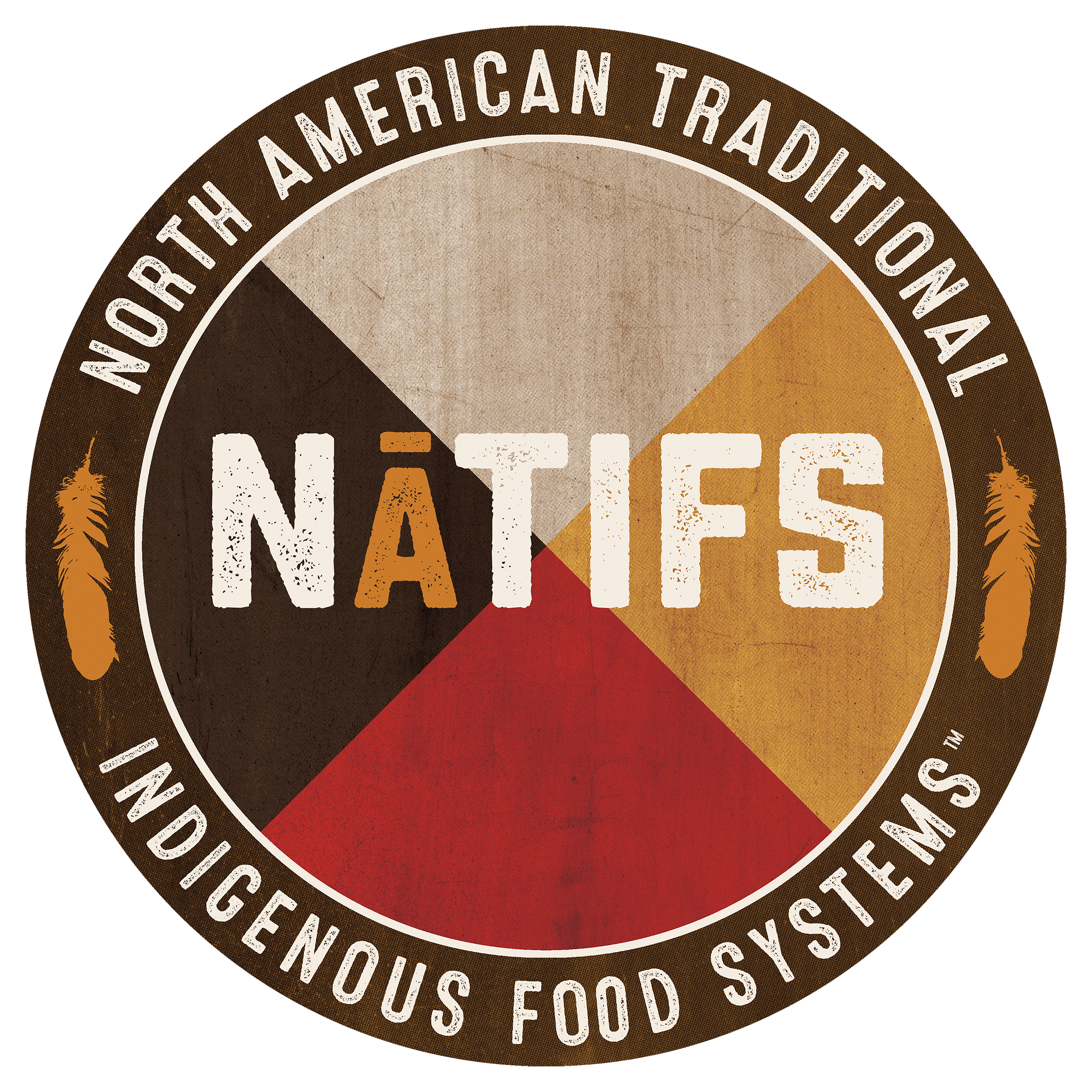Rake in the Savings and Strengthen Native Foodways
This November, get ready for gatherings with friends and family with big savings on all Field Day products at the Co-op!
Save on more than 300 Field Day items — from maple syrup to wild-caught tuna to paper towels — from Nov. 5 through Dec. 2, 2025. Field Day is our value brand that offers high-quality, delicious foods and household products at more affordable prices every day through Co+op Basics, so you can really rake in the savings this autumn. Our lowest prices will be even lower!
Stock up on staples like rice, pasta, and olive oil. Save on spices and herbs, as well as baking essentials including sugar, vanilla, and chocolate chips. Find the foods you want for holiday meals, like gravy, pumpkin puree, and stuffing mix.
Gathering with family and friends for a Thanksgiving meal is a familiar ritual for many people, and we strive to serve our entire community well during this busy time of year. In recognition that the story of the first Thanksgiving perpetuates an inaccurate and harmful version of history, food co-ops across the country are making a collective donation to North American Traditional Indigenous Food Systems (NĀTIFS) this November.
Food co-ops will donate 5¢ to NĀTIFS for every Field Day product sold during this promotion. To support Indigenous-led efforts to restore First Foods here in Southwestern Oregon, Medford Food Co-op (MFC) is offering a matching fundraiser – MFC will donate 20¢ to the Indigenous Gardens Network for each Field Day item sold.
NĀTIFS is a nonprofit organization founded by Lakota Chef Sean Sherman (known as the Sioux Chef), dedicated to revitalizing Indigenous food systems and promoting cultural preservation within Native American communities. Through initiatives like the Indigenous Food Lab, NĀTIFS offers training programs, educational workshops and support for Indigenous entrepreneurs to empower individuals and foster economic development. By addressing economic disparities, food insecurity and the loss of Indigenous food knowledge, NĀTIFS aims to restore health, wealth and cultural identity to Indigenous populations. The organization's commitment to promoting Indigenous foodways education, facilitating food access and revitalizing ancestral knowledge underscores its mission to create positive social impact and support underserved communities.
The Indigenous Gardens Network (IGN) is led by members of Confederated Tribes of Grand Ronde and Confederated Tribes of Siletz Indians who are working to heal inter-Tribal relations, reconnect Tribal families to ancestral homelands in southwest Oregon, and to build sustainable food systems that improve well-being and strengthen food sovereignty. The IGN serves as a hub of collaborative, Indigenous-led land projects that aim to restore traditional gathering areas throughout Southwestern Oregon so that First Foods and plants of cultural significance can be cultivated, harvested, and made accessible to Indigenous partners. IGN is a partnership between the Confederated Tribes of Siletz Indians, Confederated Tribes of Grand Ronde, Southern Oregon University, Vesper Meadow Education Program, and other regional partners that received funding from the Oregon Cultural Trust to initiate the Indigenous Gardens Network.
Vesper Meadow provides fundraising and logistical support for the IGN. The Vesper Meadow Education Program mission is to inspire a culture of land stewardship and nature connection. They paint the picture of resilient communities and ecosystems with hands-on programming at their flagship location, the 1000-acre Vesper Meadow Restoration Preserve, where stewards and students work on long-term efforts for ecological restoration, climate resiliency, scientific monitoring of rare species and biodiversity, and community projects for reconnection of the human-land relationship. Programs address our society’s need for holistic thinkers by integrating diverse learning perspectives and practicing solutions-based approaches to address climate change and issues of social justice. Core to Vesper Meadow’s mission is the belief that ecological restoration is synonymous with cultural revival. They partner with Tribes of record (evidenced by ceded lands, treaties, and case law) and are working in collaboration with community partners to establish an Indigenous-led network to fulfill self-determined goals of Native peoples and to enhance restoration and education efforts throughout Southwest Oregon.
The matching funds raised this November will support the Indigenous Gardens Network’s preparations for the second biannual Camas Camp to be held in June 2026 — a large inter-Tribal gathering for Tribal families to come together around learning traditional food ways and other cultural heritage practices.
Taking advantage of low prices on Field Day items not only saves you money, but it also supports the vital work of both NĀTIFS and the Indigenous Gardens Network. Rake in the savings and strengthen Native foodways at the Co-op this autumn!
__________________________
Educational Resources
If you are interested in doing more, consider learning about and supporting the initiatives of Indigenous peoples in your local community.
Visit native-land.ca to learn whose ancestral land you live on.
The Oregon Department of Education partnered with representatives of the nine federally recognized Tribal governments in Oregon to create the Essential Understandings of Native Americans in Oregon.
Organizations working to strengthen Native Foodways:
The Confederated Tribes of the Grand Ronde
The Confederated Tribes of the Siletz Indians
Indigenous Gardens Network
Vesper Meadow
North American Traditional Indigenous Food Systems (NĀTIFS)
Camas
Learn about Camas, an important First Food:
Rooted in Culture: Oregon’s Wild Camas video from Travel Oregon
Camas Lesson Plan from the Confederated Tribes of the Grand Ronde
Camas Camp Reflections from Aiyanna Brown
Legacy of Indigenous Stewardship of Camas Dates Back More Than 3,500 Years, OSU Study Finds from Oregon State University











